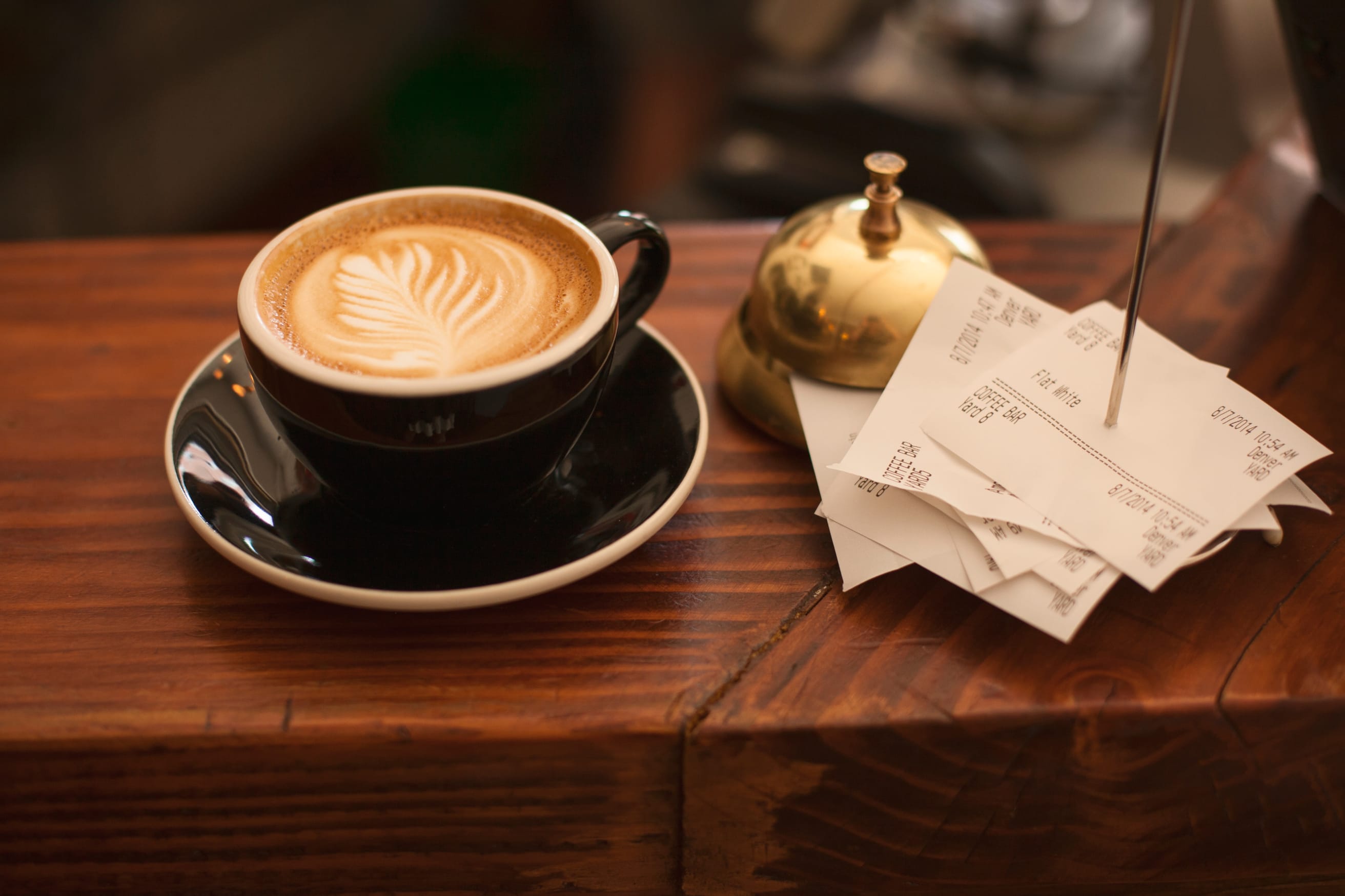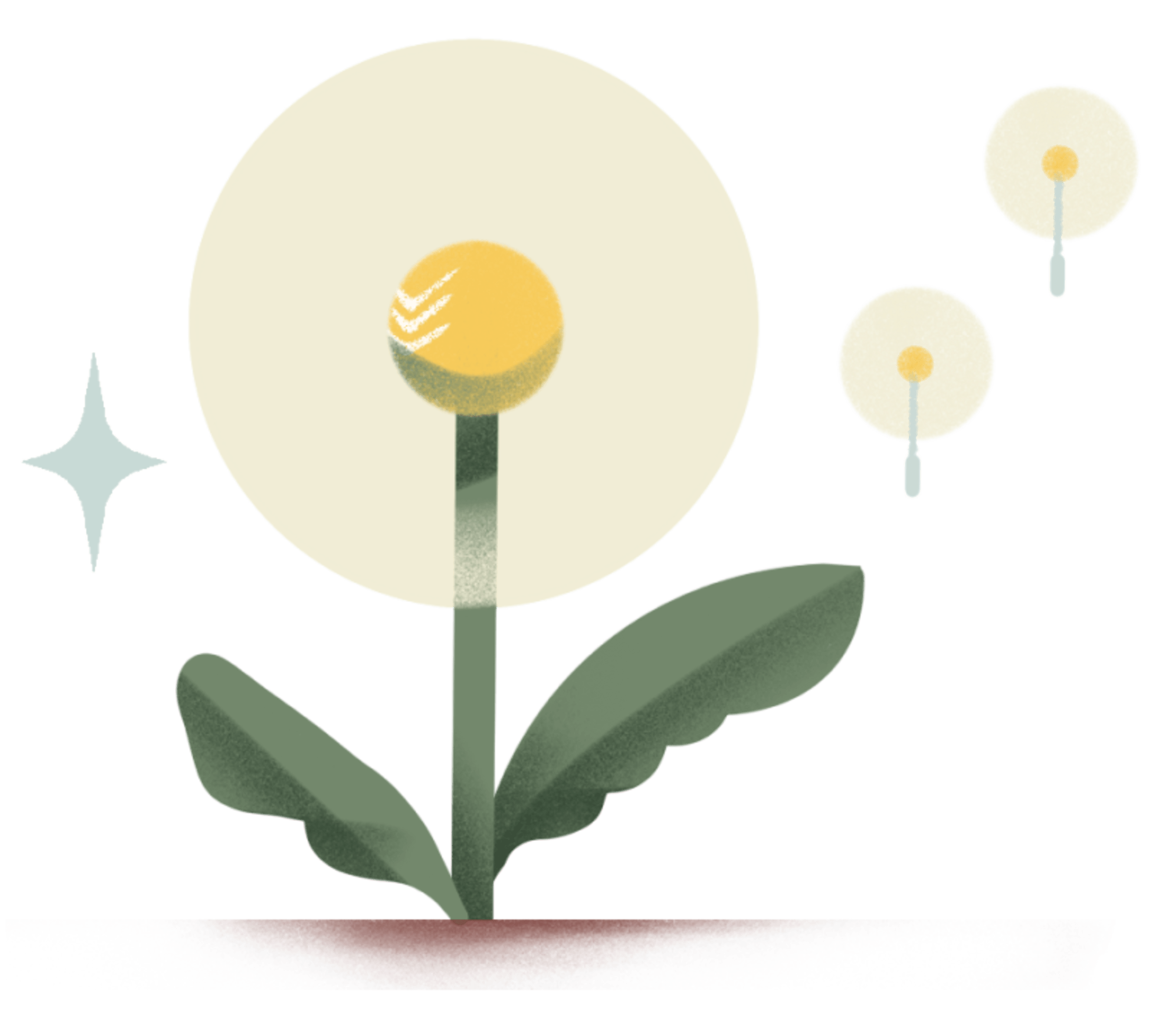I am currently sitting in a Starbucks, working on my second grande cup of Pike Place. I came here because I needed to focus, to be more productive – because I needed to actually write this article.
I wasn’t always a coffee drinker. In fact, about four years ago, I had only ever tasted the dreadful stuff when my father forced me to try some as a child. As soon as it touched my tongue, the bitter brown liquid spewed from my lips and I swore never to try it again.
Alas, our paths unexpectedly crossed again in 2010. I had been working from home for a little over six months and I began seeking refuge from long, lonely days at home by paying frequent visits to a local coffee shop called Dilworth Coffee in Charlotte, North Carolina. I opted for lightly sweetened tea instead of that foul drink so many referred to as coffee.
I quickly became friends with the owners who were, predictably, coffee lovers. Eventually, they coerced me into giving the jolting beverage a second chance. Now I hardly go a day without a cup … or three.
For the last year, I’ve been doing social media for that same coffee shop, which has led me to do quite a bit of reading on coffee and its effects on the human body. It has also led me to question why it is I, like millions of others worldwide, flock to the stuff anytime I want to get something done.
I never had any trouble with being productive or getting work done before I had grown so used to drinking coffee daily, yet now any time I want to be a little more productive or get my focus on, I sit down and have a cup of coffee, usually over ice.
What is it about coffee that makes us more productive? Is it even linked to productivity at all? To answer that question, you must first understand how the caffeine in coffee affects the body and how it works.
How caffeine works
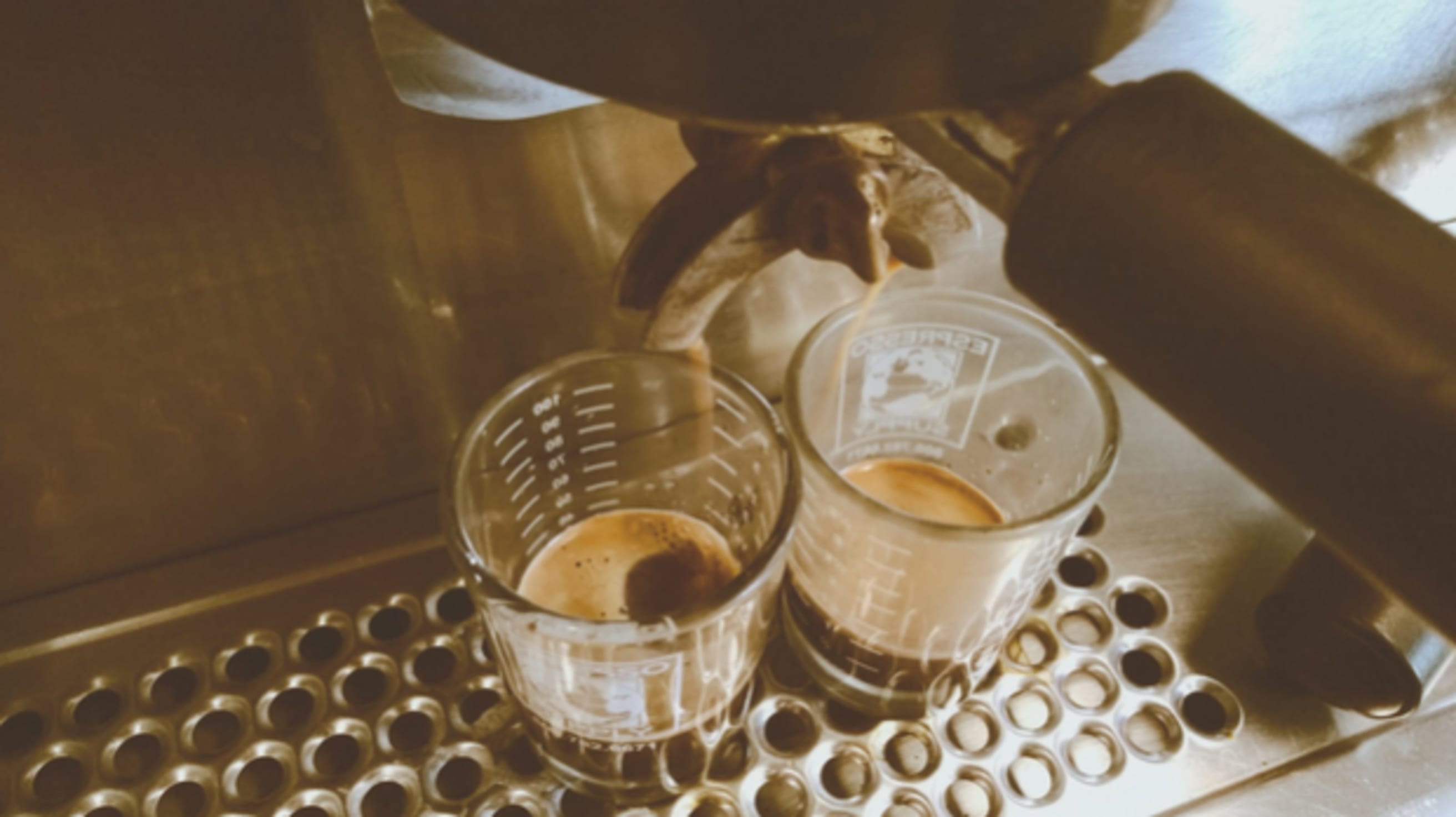
Most people drink coffee for a jolt – to jump-start their day or to carry them through a midday slump. Others drink it to try and stay on task, which is why you see so many people in coffee shops around the globe with computers, hard at work or a communal coffee pot in nearly every corporate break room.
It’s no secret that what people are truly seeking is the caffeine in the coffee, though some admittedly do also enjoy the acquired flavor. Caffeine is the most widely consumed psychoactive drug in the world and there’s a reason for that – it does its job and it does it well. But how does it work?
David DiSalvo of Forbes explains it very concisely. "Adenosine is produced by neurons throughout the day as they fire, and as more of it is produced, the more your nervous system ratchets down,” he explains. Once your adenosine levels reach a certain point, your nervous system puts you to sleep. The intake of caffeine effectively blocks adenosine intake by entering the A1 receptor but not activating it.
"In other words, it’s not the caffeine that’s doing the stimulating. Instead, it’s keeping the doors blocked while the real party animals of the brain do what they love to do,” says DiSalvo.
As any coffee drinker knows, over time, your body builds up a tolerance. To get the same effect from coffee (or any other caffeine source, for that matter), you must drink more, or else face a pounding headache by noon.
So does the caffeine affect productivity?

Yes … and no.
Time and again, caffeine proves to be a powerful and efficient stimulant. But the question of its effectiveness towards personal productivity has no concrete answer.
Countless studies have shown that in small doses, caffeine can be incredibly effective, providing your body with a short boost of energy and alertness. It is also proven to, among other things, provide enhanced motor and cognitive performance, a short-term memory boost, and increased accuracy of reactions and the ability to focus attention.
That said, like any substance, the effectiveness of caffeine is dependent upon dosage, body type, weight, age, time of day, and, yes, the quality of your sleep.
If you rarely (or never) drink coffee or consume caffeine, even in small doses, it can have a substantial effect. You can and will likely experience many of the aforementioned benefits of the stimulant. You might feel a burst of energy and laser-like focus, and you may find yourself getting a lot more done than usual. Too much caffeine and you may meet the less desirable side of the drug, otherwise known as the jitters. Even those who regularly drink caffeinated drinks can overdo it and experience heart palpitations or an upset stomach.
Acting as an adenosine inhibitor, caffeine can also wreak havoc on your sleep schedule. If you overdo your caffeine intake by day, whether you’re a double-fisting coffee veteran or brand new to the stuff, you might have trouble falling asleep at your usual hour. Again, it affects everyone differently, so your mileage may vary. But if the caffeine in coffee does affect your sleep, it could also negatively affect your productivity the following day.
If you’re a regular at your local shop and are no stranger to multiple cups per day, a single cup – or even two – may have little to no effect on your productivity. You might feel like you’re getting a sudden burst of energy and slicing through your to-do list with unparalleled focus, but you could be falling victim to the placebo effect.
Remember that built-up tolerance I mentioned? Some people joke (and sometimes brag) that it takes two cups of coffee to get them out of the bed in the morning, but for some that may not be too far from reality. For addicts – yes, addicts, and there are definitely more of them than willing to admit – it can take one or two doses of caffeine for them to operate at their norm, which is what they’re mistaking as their productivity “boost” – the norm.
Of course, it isn’t impossible to experience a boost from caffeine, even if you’re no stranger to it. However, it is just as likely for you to subconsciously associate productivity with coffee though there is a laundry list of alternative reasons drinking coffee allows you to get more done.
For me, it’s the change in environment. Yes, if I’m feeling more tired than usual, a cup of coffee is a quick (and very noticeable) remedy; that’s exactly why I just downed my second cup of the day. Still, I’m fully aware it’s the change of scenery and the warm atmosphere of a coffee shop that whips me into shape and forces me to focus on what I need to get done. I learned this by visiting Dilworth Coffee nearly seven days a week and noticing that I always seemed to be just as focused and get just as much done with or without a caffeinated drink.
Figure out what works best for you
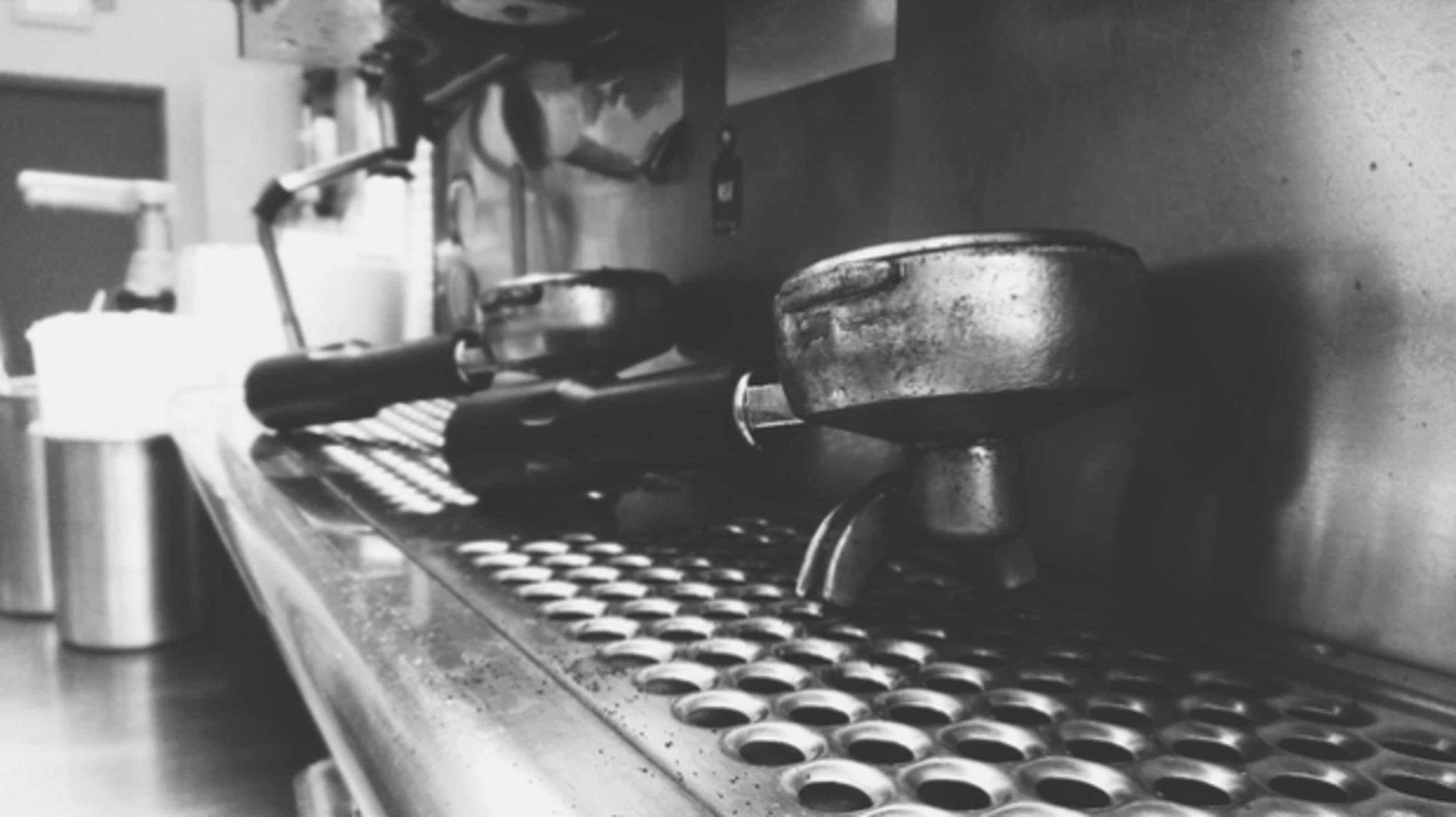
The more you read on this subject, the more you will realize how few solid facts there are. That can be attributed to both the contradicting results of virtually endless studies on coffee or caffeine and varying individual reactions to both.
I can tell you this: in moderation, coffee is known to be a rather healthy drink with a handful of health benefits. It’s loaded with antioxidants, it lowers the risk of Parkinson’s and Alzheimer’s diseases, it helps fight Type II diabetes, and it’s great for the liver. Of course, in excess, coffee can be bad for you, as well. Unfiltered coffee, such as espresso, is high in cafestol, which can raise your LDL cholesterol, says Markham Heid if Time.
The best advice is to take it slow and see how your body reacts to the caffeine in a single cup of coffee, which ranges from approximately 90 to 200mg. Adjust your dosage from there. If a single cup is overwhelming, try a warm tea instead. If it isn't enough, experiment by adding a shot of espresso to your coffee. Up to 400mg per day is generally the accepted safe amount for adults, but of course that number doesn't hold true for all.
If you’re a regular drinker and feel the effectiveness of a cup of coffee has started to diminish, try opting for a decaf brew or green tea in the afternoon. Both decaffeinated coffee and teas still contain caffeine, but in much lower amounts than a standard cup of coffee.
Although I am a huge fan of coffee and tea, I try not to rely on it for productivity or to ward off sleepiness. Nothing serves as a replacement for actual rest. Relying on coffee to carry you through several days with insufficient sleep, while helpful in the short term, will only make matters worse in the end. You may begin to develop headaches from withdrawals and the caffeine could also further affect your sleeping habits. I’ve been there and – trust me – it’s a slippery slope.
Alternatives to caffeine and coffee
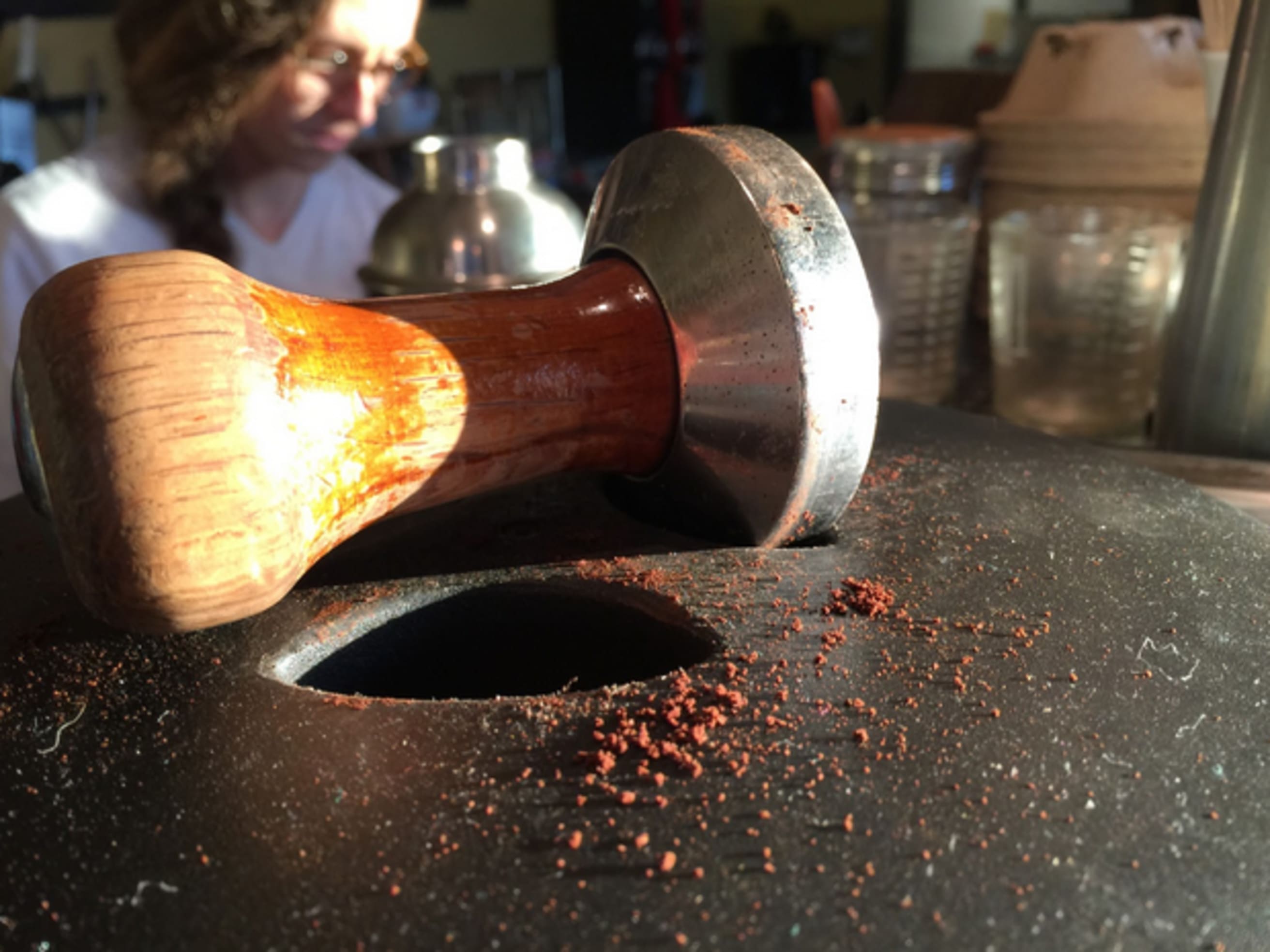
If you are looking for a productivity boost, there are several ways you can achieve exactly that without coffee.
Taking a walk or trip to the gym, as counterintuitive as it may seem, can give your mind enough rest to allow you to come back to your work feeling refreshed and ready to work.
Taking a short nap can have a similar effect, though certain lengths of naps are more effective than others. Experts say 10- to 20-minute naps are ideal for power naps while 30-minute naps could lead to "sleep inertia”, or a hangover-like feeling that leaves you feeling worse than before napping. That said, 60- and 90-minute (a full sleep cycle, including REM) naps are even more helpful, leading to things like improved retention of facts and creativity.
Finally, if you’re a chocolate lover, great news! A study from 2007 suggests chocolate “boosts blood flow to key areas of the brain for two or three hours,” says ScienceDaily.
Typically, I like to use a few mind hacks to give myself a sudden jolt, like giving myself a false deadline in Todoist and by activating one of my favorite Mac apps, BreakTime, when I sit down to write. After a set time, BreakTime locks me out of my computer. This not only forces me to take a productive break, it makes me stay on task because I know in 55 minutes, my computer will lock for 10.
Like I said before, I also use a change of scenery – a coffee shop, park, or even moving from my desk to the couch – to clear my head and get back to work.
No matter what method works best for you, it’s always smart not to rely on one thing – especially an addictive and increasingly expensive stimulant – to get work done, though the smell and taste of coffee are admittedly difficult to resist.
